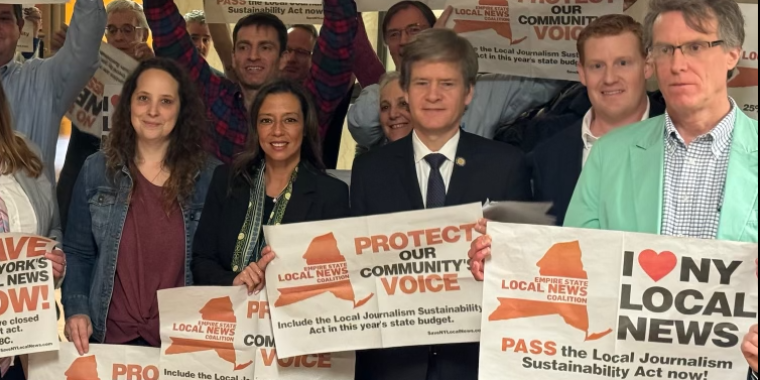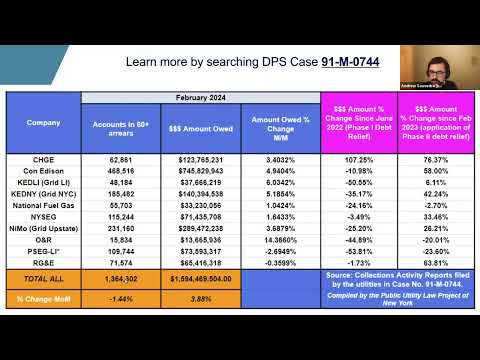
My Testimony Before the New York City Planning Commission Regarding the Waterside Plaza URA Extension
November 1, 2018
Testimony of State Senator Brad Hoylman and Assemblymember Harvey Epstein to the New York City Planning Commission Regarding ULURP Applications No. C 190065 HUM and C 190064 HDM – Waterside Plaza URA Extension
October 31, 2018
We are grateful for the opportunity to submit testimony to the NYC City Planning Commission regarding the applications by NYC Department of Housing Preservation & Development (HPD) for an amendment to the Waterside Urban Renewal Plan to extend the length of affordability for 325 residential units at Waterside Plaza and for the disposal of City property by renewing the existing 99 year lease of the Waterside Plaza development. As elected officials representing Waterside Plaza, we urge the City Planning Commission to approve these applications.
This proposal took many months to negotiate and we thank our colleagues for their leadership on this important effort, including City Councilmember Keith Powers, Manhattan Borough President Gale Brewer, HPD, Janet Handal and the Waterside Tenants Association (the WTA), Richard Ravitch, Peter Davis and Community Board 6.
Waterside Plaza has provided housing for moderate and middle-income families for more than four decades. Today’s proposal would preserve this affordability for years to come and thus allow tenants to age within their own homes with the peace of mind and economic security that comes with having a predictably affordable place to live. This represents a stark contrast to other parts of Manhattan, where many of our constituents have been pushed out of their homes due to rising rents. Since 1993, in fact, New York City has lost over 152,000 rent-regulated apartments due to rent increases.[1] With these statistics in mind, the proposed actions present an important opportunity to stave the loss of affordable housing stock in New York, as well as serve as an example to other landlords and tenants that their interests can be aligned.
Under the proposal, Settling Tenant Households (any tenant who lived in Waterside Plaza prior to its exit from the Mitchell-Lama program in 2001) with household incomes less than 165% of the Area Median Income ($120,615 for an individual and $154,935 for a family of three) will have their rent frozen. Anyone earning below 165% of the Area Median Income who pays more than 30% of their income on rent will see their rent reduced to 30% of their income, ensuring that they are no longer rent burdened.
Settling Tenant households that have a household income above 165% of the Area Median Income will see a reduction in their contractual yearly rent increase from 4.25% to 2.25% or an amount determined by the NYC Rent Guidelines Board (RGB), whichever is greater, capped at 4.25%. In addition, the 325 units covered by this proposal will remain affordable even after a tenant moves out or passes away. A vacated unit will be available to applicants below the market rate. These affordability provisions for vacated units will remain in place for 75 years. This proposal also provides for the installation of accessibility modifications to individual apartments to facilitate aging in place.
As beneficial as the proposal is for most tenants at Waterside Plaza, it isn’t perfect. First, not all tenants will fully benefit from the retirement “rent reset.” Tenants who retire by December 31, 2019 will have the opportunity to re-certify their income to show they are rent-burdened and will subsequently be entitled to a rent reduction. However, according to the WTA, about 97 households will not be retiring by this date and two thirds of these households will eventually be severely rent-burdened in retirement. Therefore, we think it reasonable and justified to allow tenants to re-certify their income upon retirement after 2019. We suggest that the retirement rent reset benefit eventually be extended to include those who retire until the year 2026, as suggested by the WTA.
Second, we would like to see this proposal reflect the WTA’s request to permit the deduction of medical expenses when calculating household income, especially given rising healthcare costs for seniors. Third, we wish to see distributions from retirement accounts excluded from household income, since this would make HPD’s policy consistent with that of the United States Department of Housing and Urban Development which does not count withdrawals from investment funds as income so long as the amount withdrawn is a reimbursement of previously invested money.
Notwithstanding these concerns, these applications represent a rare opportunity to protect 325 units of housing from destabilization and provide housing security for tenants at Waterside Plaza. We strongly encourage you to approve these applications and replicate their terms elsewhere throughout the city for the benefit of even more New Yorkers.
[1] Barker, Kim. “Behind New York’s Housing Crisis: Weakened Laws and Fragmented Regulation.” The New York Times, The New York Times, 20 May 2018,
www.nytimes.com/interactive/2018/05/20/nyregion/affordable-housing-nyc.html.
Share this Article or Press Release
Newsroom
Go to Newsroom


